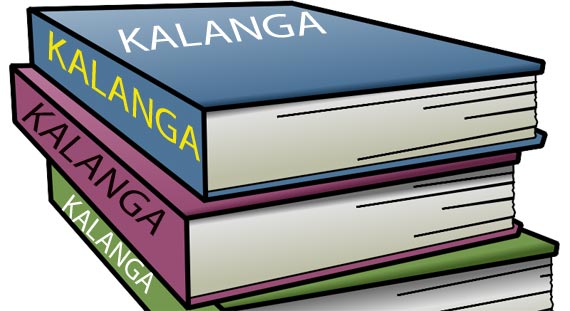
MATABELELAND South provincial education director, Tumisang Thabela has urged teachers to promote indigenous languages saying they were oblidged to do so by the Bill of Rights.
DIVINE DUBE OWN CORRESPONDENT
Thabela was speaking at the Kalanga primary textbooks launch held at Plumtree High on Friday where about 109 primary schools from Bulilima and Mangwe received Grade 1-7 Kalanga textbooks. Another 113 schools in Matobo and Tsholotsho respectively also received the textbooks consignment at a separate event.
“To school heads, these books will mean nothing to you if you don’t follow the Bill of Rights,” Thabela said.
“You don’t need to be Kalanga to push for the promotion of this language, but all you need is to respect the Kalanga community. It is also up to the Kalanga community to take their language up to examination level.”
Chief Kandana from Bulilima weighed in saying the community was happy that Kalanga would now be taught at schools.
Kalanga Language and Cultural Development Association vice-president Maclean Bhala hailed the government for recognising Kalanga as an official language in the Constitution.
Thabela said the unveiling of the books was an indication that the community was regaining its culture, arguing language and culture were inseparable.
- Chamisa under fire over US$120K donation
- Mavhunga puts DeMbare into Chibuku quarterfinals
- Pension funds bet on Cabora Bassa oilfields
- Councils defy govt fire tender directive
Keep Reading
“Language is one of the critical elements of culture,” he said.
“Thus why in the process of changing names (to English) we lost our culture. If you destroy a people’s language you destroy a people.”
She took a swipe at the then Curriculum Development Unit for blatantly excluding several indigenous languages from the school curricula saying it degraded the culture of most ethnic groups in Matabeleland.
Meanwhile, the Zimbabwe Indigenous Languages Promotion Association (ZILPA) commended government for recognising previously marginalised languages.
“We would like to thank our government for listening to the voice of marginalised communities in the fight for their linguistic rights.
“As language groups we perceive this as the beginning towards democracy and a fight against social exclusion hence we shall push for the advancement of our languages through their teaching,” ZILPA chairperson Maretha Dube said.
She warned teachers not to sabotage the advancement of previously marginalised languages in schools.










